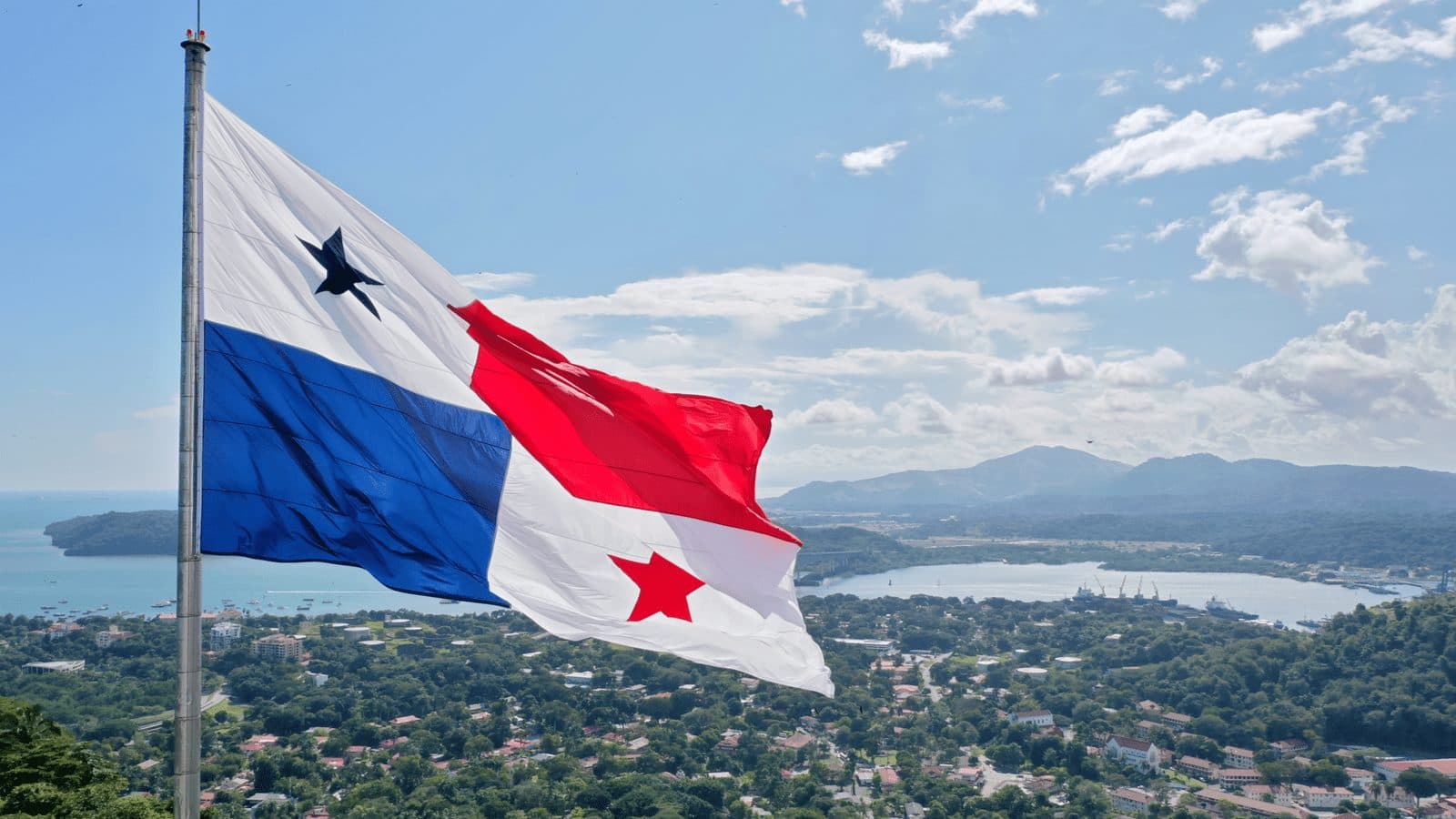Panama’s President Partially Vetoes Crypto Regulations
The President of Panama has partially vetoed the country’s crypto bill which now heads back to the National Assembly for a vote

Source: Shutterstock
- President Cortizo said the bill requires amendment in accordance with the country’s banking regulations
- Panama is attempting to solidify its image as a technology innovation hub within the majority Spanish speaking continent
Panama’s president, Laurentino Cortizo, has partially vetoed a bill enabling citizens to use crypto as a form of payment for goods and services as well as taxes, sending the regulations back to the country’s National Assembly.
Bill No. 697 had passed through the last leg of its legislative journey, before making its way to the president’s desk where it was knocked back, local news outlet La Prensa reported Thursday.
A partial veto is a type of veto power enabling a chief executive to reject certain provisions within a bill without vetoing its entirety. The bill will now head for another vote in the assembly, where it is expected to undergo changes to some passages.
President Cortizo, who has remained cautious about the wording of the bill for fear of facilitating money laundering, said the current piece of legislation required amendments in accordance with the country’s banking regulations.
Latin America is fast becoming a major adopter of cryptocurrencies and digital assets, following El Salvador’s historic decision last year to make bitcoin legal tender through legislative means. A special economic zone in Honduras also formally legalized crypto as a form of money in April.
Panama is attempting to solidify its image as a technology innovation hub within the majority Spanish-speaking continent, and the attempt to finalize the bill by the country’s assembly was seen by many as a path toward it.
Congressman Gabriel Silva, who co-authored the bill, said in a tweet Thursday the partial veto was a “lost opportunity” to create jobs, attract investment and incorporate technology into the public sector.
The crypto bill joins a list of other pieces of legislation overseen by Silva that have been knocked back by President Cortizo including a conflict of interest law and a mental health law, among others.
Get the news in your inbox. Explore Blockworks newsletters:
- The Breakdown: Decoding crypto and the markets. Daily.
- 0xResearch: Alpha in your inbox. Think like an analyst.






